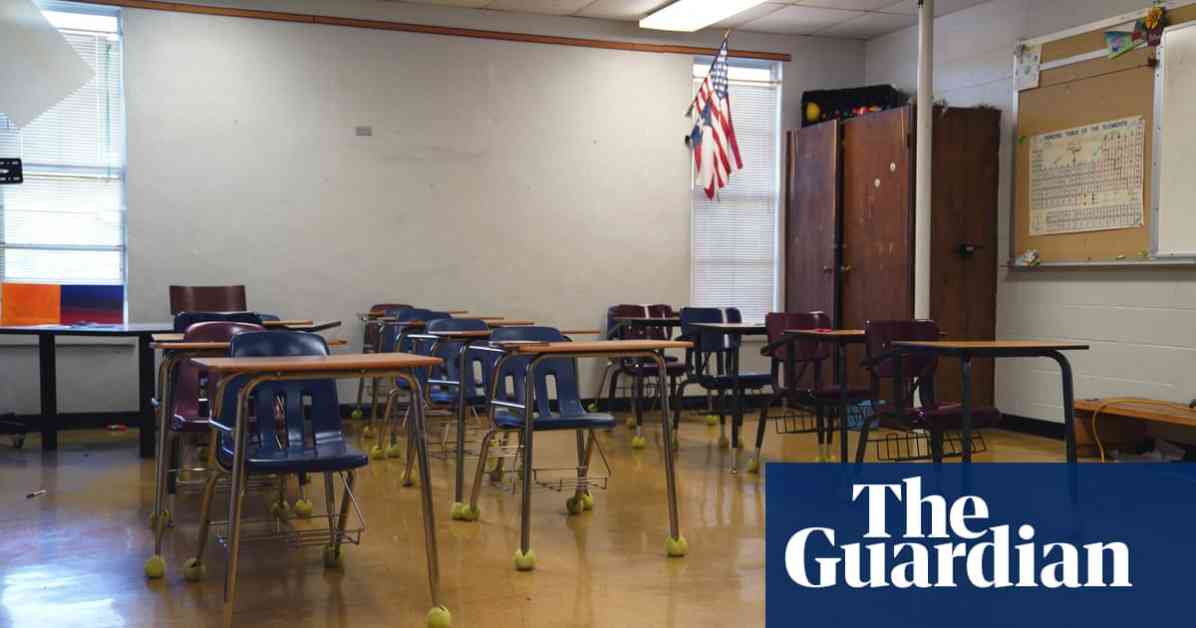Texas education officials are set to vote on the incorporation of Bible readings into the public school curriculum for kindergarten through fifth grade English and language arts classes. This new curriculum, known as “Bluebonnet learning”, has sparked heated debates among advocates and opponents. Proponents argue that the Bible provides important context for understanding famous artworks and texts, such as Leonardo da Vinci’s The Last Supper and Dr. Martin Luther King Jr.’s Letter from Birmingham Jail.
The proposed curriculum would introduce fifth-grade students to The Last Supper through a retelling of the final meal shared by Jesus and his disciples, along with verses from the Gospel of Matthew. Similarly, King’s Letter from Birmingham Jail would be taught with references to biblical characters, emphasizing the need for students to grasp the religious context of the letter.
However, critics like the Texas Freedom Network, an organization that champions religious freedom and public education, argue that the curriculum unfairly favors Christianity and infringes on the religious freedom of students and families who may not share those beliefs. Carisa Lopez, deputy director of the Texas Freedom Network, emphasized the importance of teaching about religion in a neutral and respectful manner, without promoting any specific faith.
The American Federation of Teachers in Texas has also raised concerns about the curriculum, citing violations of the separation of church and state, academic freedom, and the integrity of the teaching profession. David R. Brockman, a Christian theologian and religious studies scholar, criticized the curriculum for lacking balance and factual accuracy in its portrayal of religious content.
If approved, schools in Texas would have the option to adopt the Bible-infused curriculum, with financial incentives provided by the state. While the curriculum would not be mandatory, the move reflects a broader trend of conservative Christian influence in public school systems across the United States. States like Oklahoma and Louisiana have already implemented requirements for teaching the Bible and displaying the Ten Commandments in schools.
This growing movement aligns with the agenda of President-elect Donald Trump, who has expressed support for bringing prayer back into schools and reducing the role of the federal Department of Education. If the Texas curriculum is given the green light, districts could begin implementing the changes by August 2025, potentially reshaping the educational landscape for millions of elementary students in the state.







